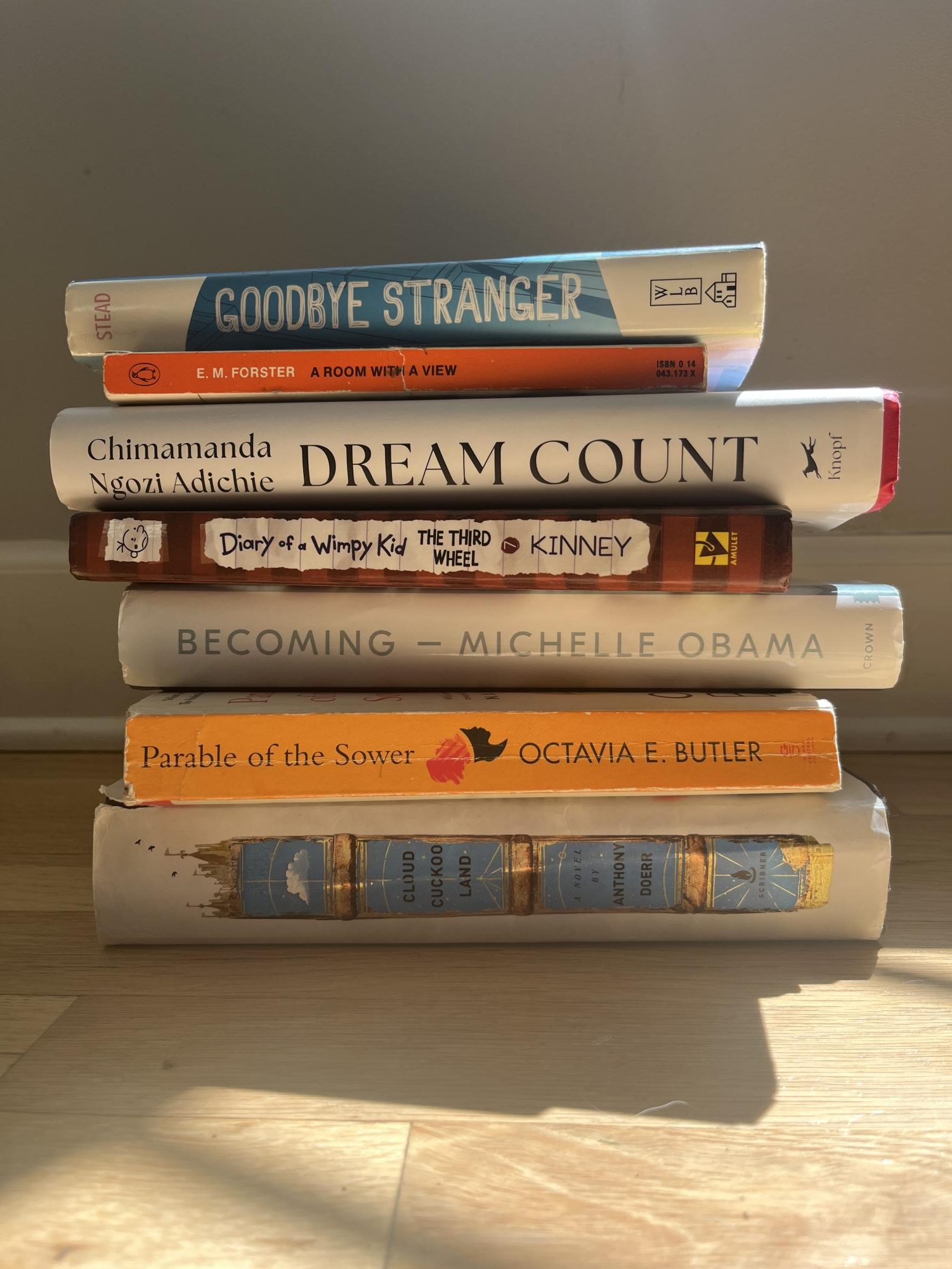Stand for Children Oregon, a non-profit organization focused on improving education and social justice for children, is advocating for a total of $300 million to be invested in the Early Literacy Success Initiative School Grants in order to reach all of Oregon’s 240,000 kindergarten through third graders.
According to the non-profit, before the pandemic, only 46% of all students were reading proficiently by the end of third grade.
In 2023, Oregon approved House Bill 3198, otherwise known as the Early Literacy Initiative. This initiative allocated $90 million. According to its website, the initiative was created to increase early literacy for children from birth to third grade, reduce literacy academic disparities for student groups that have historically experienced academic disparities and increase support to parents and guardians.
So far, the initiative has funded and offered guidance to obtain and provide those key resources and practices. This includes core instructional materials, high-dosage tutoring or multiple sessions of tutoring, extended learning summer programs and the employment of literacy specialists, coaches or interventionists.
Stacy Rossoff is a reading interventionist at Chapman Elementary School in Portland Public Schools. Rossoff has seen Oregon’s implementation of early literacy benefit professional development initiatives for teachers.
“I finally now understand that these teachers are charged with teaching kids how to read, but none of us were taught that in teacher education how exactly to do that,” said Rossoff.
Tomi Kluver coaches teachers and students on early literacy at Greenway Elementary in the Beaverton School District. Greenway Elementary partners with the Ignite literacy tutoring company through the Early Literacy Initiative. They have seen significant improvements in students’ ability to read complex words fluently and transition to understanding the meaning of passages.
“The data for our second and third grade tutoring has reached protocols for their different levels,” said Kluver. “And so they’re in the final protocols of multisyllabic decoding [breaking apart complex words] and encoding [being able to write the words], which is grade level.”
Meghan Sellars is the State Operations coordinator for Stand for Children Oregon. She says that the $300 million Stand for Children Oregon is advocating for now is the estimated amount of money needed to fully implement the initiative.
“The [$300 million] is what we estimate after lots of studies and analysis to actually accomplish the goals of the Early Literacy Success Initiative and to do all the things that it’s aiming to do,” said Sellars. “That’s the sort of funding work that we’re advocating for.”
Dana Nerenberg is the Oregon Director at Stand for Children’s Center for Early Literacy Success.
“Teaching our children to read from the youngest level is a real pathway towards achieving equity. We talk a lot about equity, especially in Oregon. And… It’s super important in education that our children have windows to the world beyond their space and authors who look like them, books that reflect their lived experience. And it’s really important that our children can read on grade level…Investing in early literacy is investing in equitable outcomes for our kids in Oregon,” said Nerenberg.


